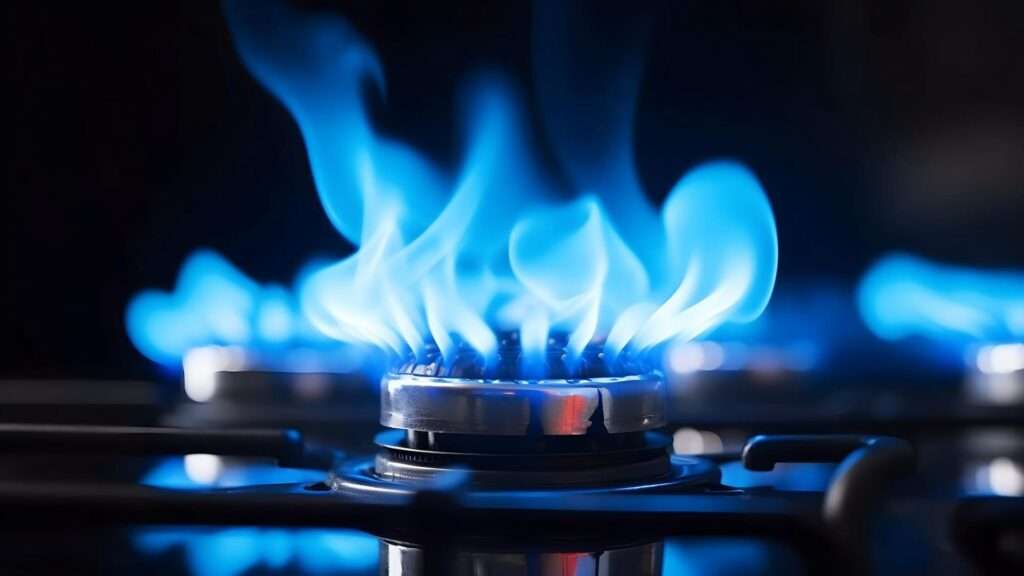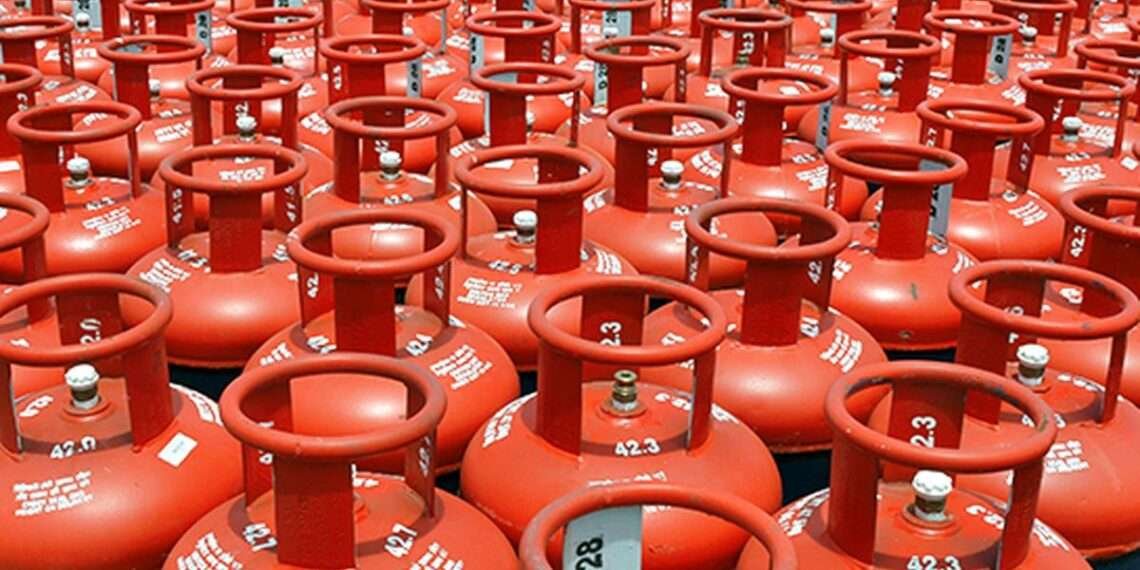The Nigeria Customs Service (NCS) has announced a groundbreaking fiscal incentive aimed at fostering Nigeria’s transition to clean energy sources.
In a statement issued by its National Public Relations Officer, Chief Superintendent Abdullah Maiwada, the agency declared the removal of import duties on Liquefied Petroleum Gas (LPG) and all related equipment and spare parts for Compressed Natural Gas (CNG).
These measures are designed to boost domestic gas utilization, reduce the cost of living, and align with President Bola Tinubu’s Presidential Gas for Growth Initiative.
“Pursuant to Part 1, Section 5 of the Customs and Excise Tariff Act, machinery, equipment, and spare parts imported for Nigerian gas utilisation are now subject to a zero percent (0%) import duty rate.
“This exemption encompasses all equipment related to Compressed Natural Gas (CNG) and Liquefied Petroleum Gas (LPG imported into Nigeria.”
Chief Superintendent Abdullah Maiwada, National Public Relations Officer
According to Maiwada, the policy cover, “feed gas for all processed gas, Compressed Natural Gas, imported Liquefied Petroleum Gas, CNG equipment components, conversion and installation services, LPG equipment components, conversion and installation services.”
This means that importers of LPG under Harmonized System (HS) Codes 2711.12.00.00, 2711.13.00.00, and 2711.19.00.00 will no longer bear the burden of import duties or VAT.
The Customs Service emphasized that importers wishing to benefit from these exemptions must secure an Import Duty Exemption Certificate (IDEC) from the Federal Ministry of Finance and a letter of support from the Office of the Special Adviser to the President on Energy.
Additionally, the NCS announced the withdrawal of debit notes issued to petroleum marketers who have imported LPG using these HS codes since August 26, 2019.
The NCS hopes to drive down the price of cooking gas. With millions of Nigerians grappling with high energy costs, the reduced pricing could provide significant relief to households and small businesses.
The exemptions are also expected to stimulate investment in Nigeria’s gas sector. By making it easier and cheaper to import equipment, businesses will be better positioned to invest in gas processing and distribution infrastructure.
Boosting Nigeria’s Clean Energy Transition

This move is part of Nigeria’s broader strategy to achieve energy security while addressing environmental concerns.
Maiwada emphasized, “It aligns with President Tinubu’s agenda to make Nigeria a hub for natural gas production and utilization.” The initiative also resonates with global efforts to reduce carbon emissions and shift to cleaner energy sources.
The importance of transitioning to LPG and CNG cannot be overstated. Nigeria is one of the largest producers of natural gas in Africa, but its domestic utilization has lagged behind.
High import costs, a lack of infrastructure, and slow adoption rates have hindered progress. These new incentives aim to address these barriers, making gas-based energy more affordable and accessible for businesses and households alike.
The incentives come at a critical time when Nigeria faces significant energy challenges, including high energy costs, limited access to electricity, and environmental degradation caused by reliance on fossil fuels.
Making LPG and CNG more accessible and affordable, the government aims to address these issues while positioning Nigeria as a leader in Africa’s energy transition.
While LPG and CNG are cleaner than traditional fuels, they are still fossil fuels. Expanding investment in solar, wind, and other renewable technologies will be crucial for achieving long-term sustainability.
The Nigeria Customs Service’s removal of import duties and VAT on LPG, CNG, and related equipment is a welcome development that underscores the government’s commitment to fostering clean energy adoption.
While the policy holds great promise, its success will depend on effective implementation and collaboration among stakeholders.
By addressing potential challenges and leveraging opportunities, Nigeria can take a significant step toward achieving its clean energy goals and improving the quality of life for its citizens.
READ ALSO: Guinea Ex-Defence Minister Jailed In Anti-Corruption Crackdown




















